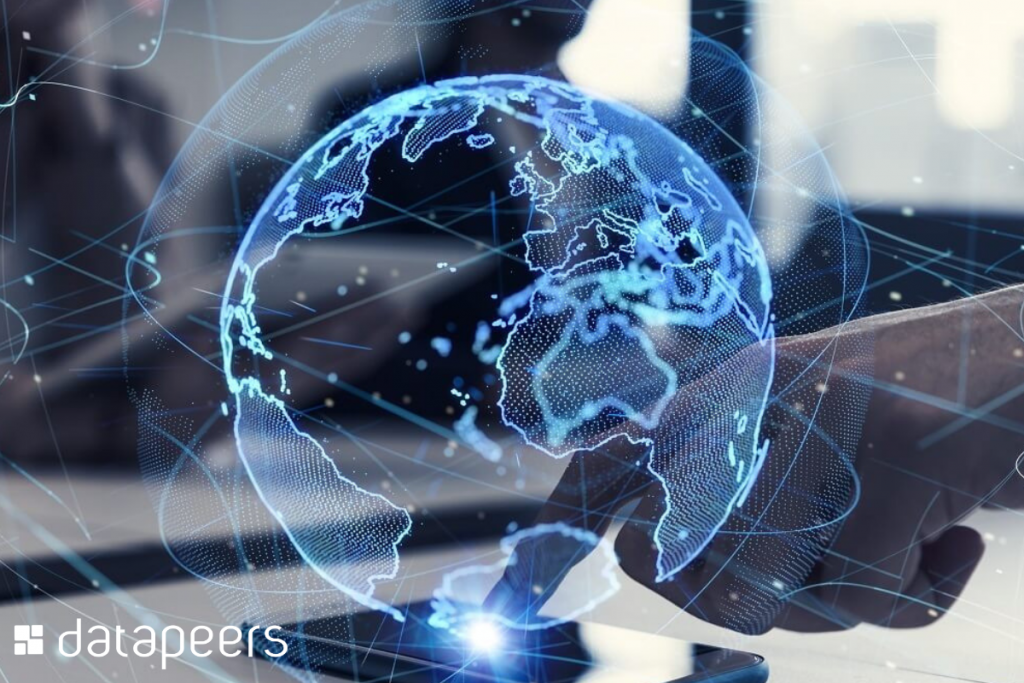Meet the new data protection laws in the world
Today’s world is digital, so more and more companies are taking advantage of information and big data to gain relevant insights into markets and the business itself. Internet access is nowadays universal and the massive use of social media captures a huge volume of data. Data privacy is one of the key challenges facing companies today. There is a growing collection of user data, and more and more computer attacks that expose private data and cause huge financial losses to businesses. To combat these threats and to ensure that sensitive information remains private, several countries and regions have begun to implement measures to punish organizations that don’t safeguard information security. In today’s article, we will learn about the new data protection laws in the world!
General Data Protection Regulations
In 2018 the European Union legislated data protection through the GDPR. This new legislation, which came into force in May last year, brings new requirements for companies to store their data. When there are infringements, companies risk fines of up to € 20 million. The purpose of this new law is to ensure the privacy of data of all citizens of the European Union and to ensure that companies only relate to other entities that comply with data protection directives.
CDPA
The United States doesn’t yet have an information protection regulation, but it is already beginning to have an outline of what may be data protection legislation. The proposal that is beginning to take shape is the Consumer Data Protection Act (CDPA). This project imposes on technology companies the obligation to submit annual reports on data collection. This new legislation also includes fines if there are violations of the law. This regulation also allows citizens not to allow the transfer of their personal data to other entities. It is expected that in the near future news about the CDPA will emerge.
LGPD
Never before has the need to protect data been so evident. Citizens should have control over their personal data and the legal framework for digital business should be simplified and clarified. This is because, unfortunately, many times users’ personal data are illegally captured, which can compromise all their privacy. Brazil has a new law very similar to what already exists in Europe. After more than 8 years of debates in civil society, here comes the Law No. 13.709/2018, the Brazilian data protection law. The legislation (LGPD) was enacted on August 14, 2018 and is expected to come into force definitively in February 2020. In this article, we highlight the main aspects of this new legislation! Citizens of Brazil will be able to require companies to delete their personal data whenever requested by users. The new regulation allows the personal data of each citizen to be destroyed at their request. Companies and organizations in Brazil have a duty to notify the competent authority in situations that put individuals at risk and to report to the concerned citizen all high-risk violations as soon as possible so that appropriate action can be taken. . In case of data leakage, the company should report it to the competent body (National Data Protection Authority, indirect public administration body, linked to the Ministry of Justice), which will be responsible for ensuring, implementing and enforcing compliance with the law. within a “reasonable time”, which will be defined by said body.


About the author